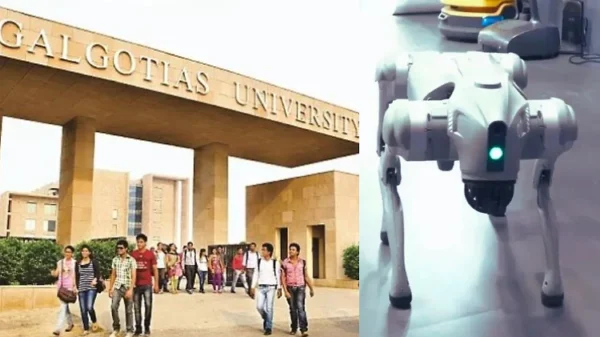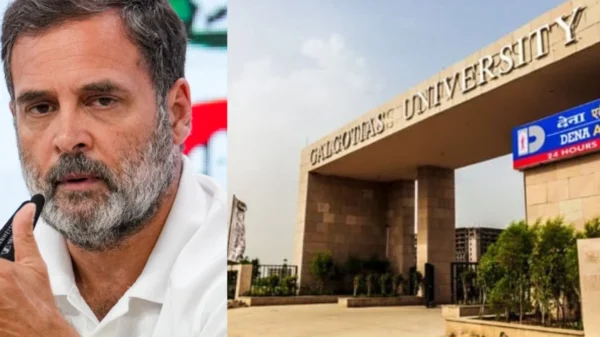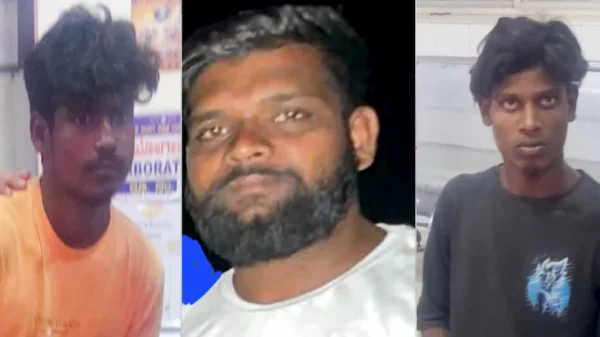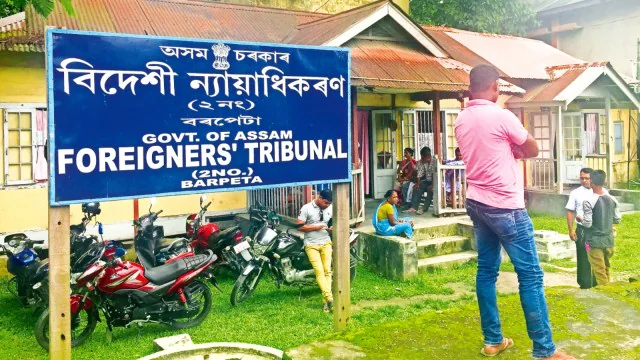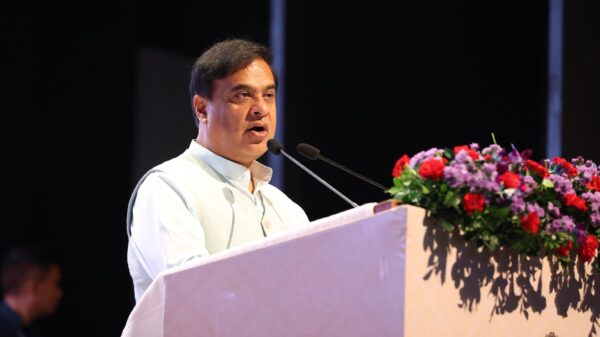The Supreme Court of India has restored the citizenship of Md Rahim Ali, a Muslim man from Assam who was declared a foreigner by a Foreigners Tribunal more than 12 years ago. The court ruled that a “grave miscarriage of justice” had occurred in his case.
The case involved significant gaps in the legal process initiated by the police in 2004. Justice Vikram Nath and Justice Ahsanuddin Amanullah pointed out that there was no evidence against Ali, except for the allegation that he had migrated illegally to Assam from Bangladesh after March 25, 1971.
“In the present case, though it is mentioned that from inquiry it was revealed that the appellant had migrated illegally to Assam from Bangladesh after March 25, 1971, nothing has come on record to indicate even an iota of evidence against him,” the court stated.
The apex court also criticized the police for failing to provide detailed information about the basis on which they believed Ali had come to Assam from Bangladesh. The court said that if the authority had traced Ali’s place of origin, they should have had material to back their assertion.
“The record does not show such material was given either to the appellant or the Tribunal by the authority,” the court noted.
Ali had initially challenged the Foreigners Tribunal’s decision in the Gauhati High Court, which granted a temporary stay but eventually dismissed his plea in November 2015. He then appealed to the Supreme Court.
The Supreme Court scrutinized the application of Section 9 (termination of citizenship) of the Citizenship Act and questioned the extent of the executive’s power under this provision. The court found that the state cannot proceed based on mere suspicion without material evidence.
“It needs no reiteration that a person charged or accused would generally not be able to prove the negative if he/she is not aware of the evidence/material against him/her,” the court added.
The court clarified that there must be a basis for the allegations beyond mere suspicion. The authorities must provide material evidence at the initial stage, not just allegations.
“This error at the very inception stage is enough to render a fatal blow to the entire exercise,” the court said.
The court also noted that discrepancies in the spelling of names and dates should not have led to such dire consequences for Ali. It emphasized that different spellings in regional languages and English are common in India.
“We are not inclined to remand the matter to the Tribunal for another round of consideration. Putting an authoritative quietus to the issue, the appellant is declared an Indian citizen and not a foreigner,” the court concluded.
The Supreme Court set aside the orders of the High Court and the Foreigners Tribunal, ensuring that Ali’s citizenship is restored and necessary legal consequences follow.






